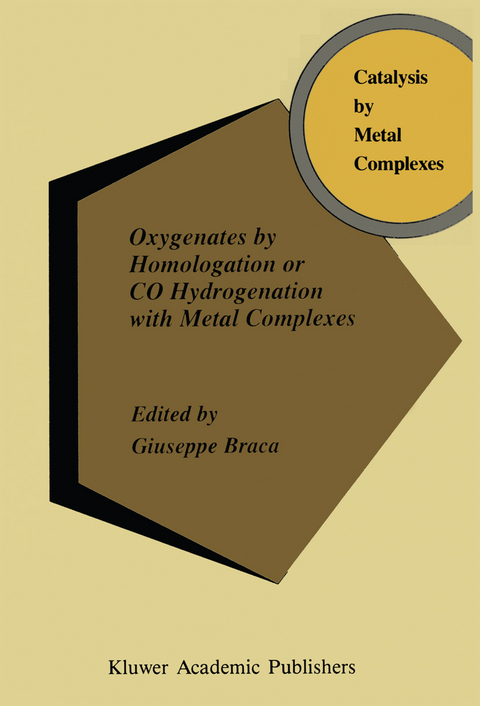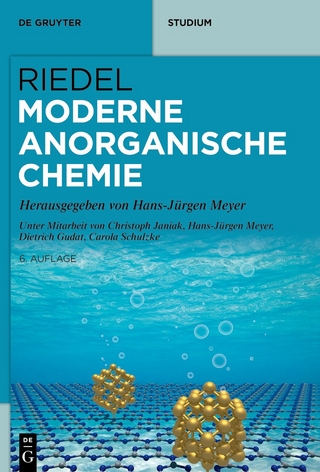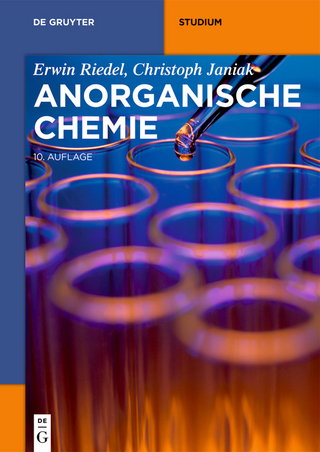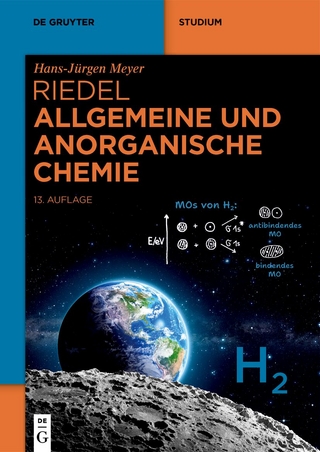
Oxygenates by Homologation or CO Hydrogenation with Metal Complexes
Springer (Verlag)
978-94-010-4378-6 (ISBN)
Monoalcohols, Glycols, and their Ethers and Esters by CO Hydrogenation.- Department of Chemistry and Industrial Chemistry, University of Pisa, ITALY.- 1 Introduction.- 2 Cobalt catalysts.- 3 Ruthenium Catalysts.- 4 Rhodium catalysts.- 5 Other catalysts.- 6 Reaction mechanism.- 7 Industrial process development.- 8 References.- Alcohols and Derivatives by Homologation with Syn Gas.- Department of Chemistry and Industrial Chemistry, University of Pisa (ITALY).- 1 Introduction.- 2 Hydrocarbonylation of alcohols.- 3 Hydrocarbonylation of aliphatic ethers.- 4 Hydrocarbonylation of carboxylic acid esters.- 5 Homologation of acetic acid in the presence of ruthenium/iodide or rhodium/iodide catalysts.- 6 Homologation of methyl halides.- 7 Reactiom mechanism.- 8 Industrial processes development.- 9 References.- Hydrocarbonylation of aldehydes and their derivatives.- SNAM PROGETTI S.p.A. S.Donato Milanese (ITALY).- 1 Introduction.- 2 Hydroformylation of formaldehyde to glycol aldehyde.- 3 Hydrocarbonylation of formaldehyde to ethylene glycol.- 4 Hydrocarbonylation of formaldehyde to acetaldehyde and/or ethanol.- 5 Hydrocarbonylation of formaldehyde to higher oxygenated products.- 6 Hydrocarbonylation of higher aldehydes.- 7 Conclusions.- 8 References.
| Reihe/Serie | Catalysis by Metal Complexes ; 16 |
|---|---|
| Zusatzinfo | XVI, 227 p. |
| Verlagsort | Dordrecht |
| Sprache | englisch |
| Maße | 152 x 229 mm |
| Themenwelt | Naturwissenschaften ► Chemie ► Anorganische Chemie |
| Naturwissenschaften ► Chemie ► Organische Chemie | |
| Naturwissenschaften ► Chemie ► Physikalische Chemie | |
| Technik | |
| ISBN-10 | 94-010-4378-7 / 9401043787 |
| ISBN-13 | 978-94-010-4378-6 / 9789401043786 |
| Zustand | Neuware |
| Haben Sie eine Frage zum Produkt? |
aus dem Bereich


